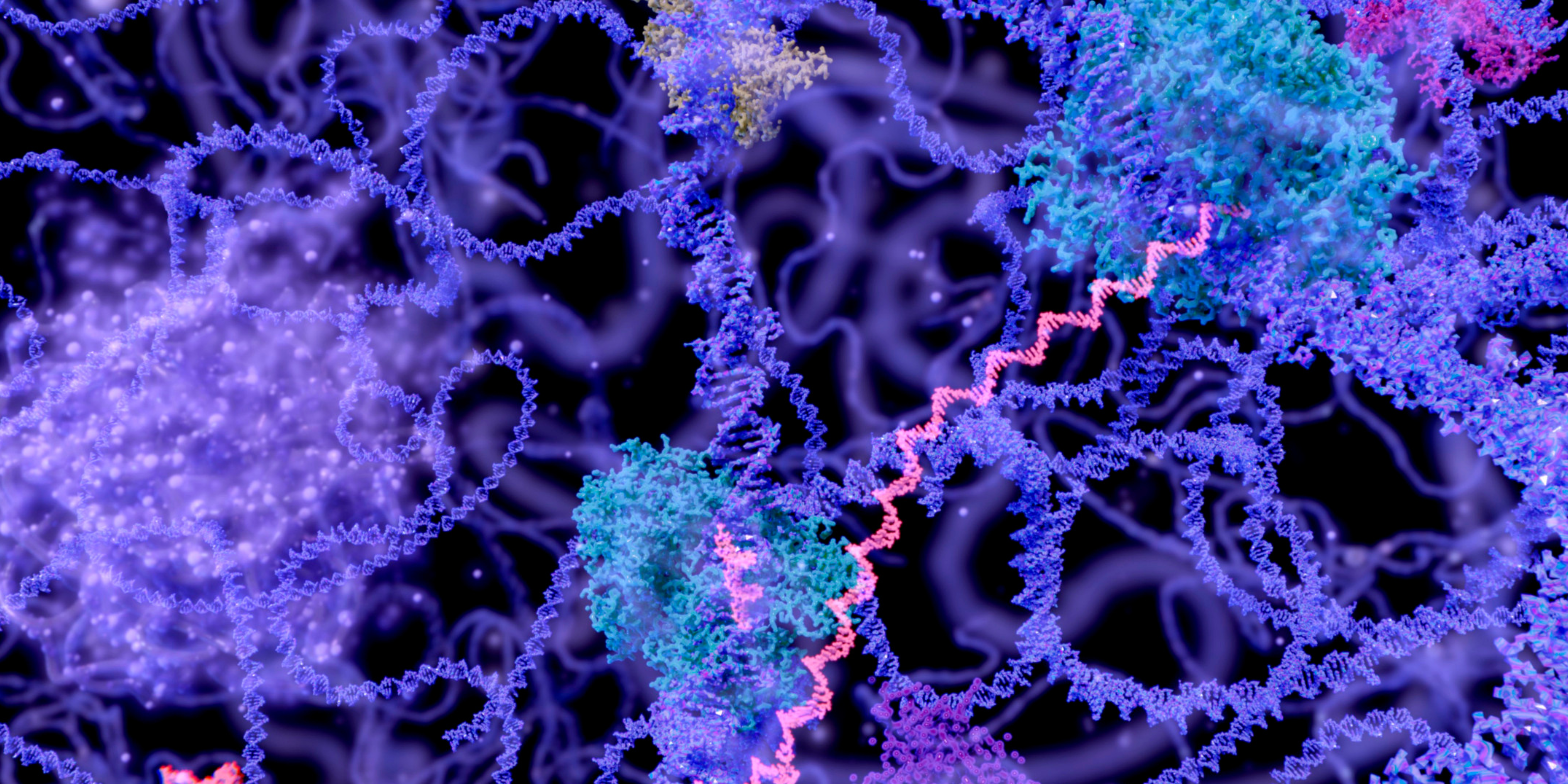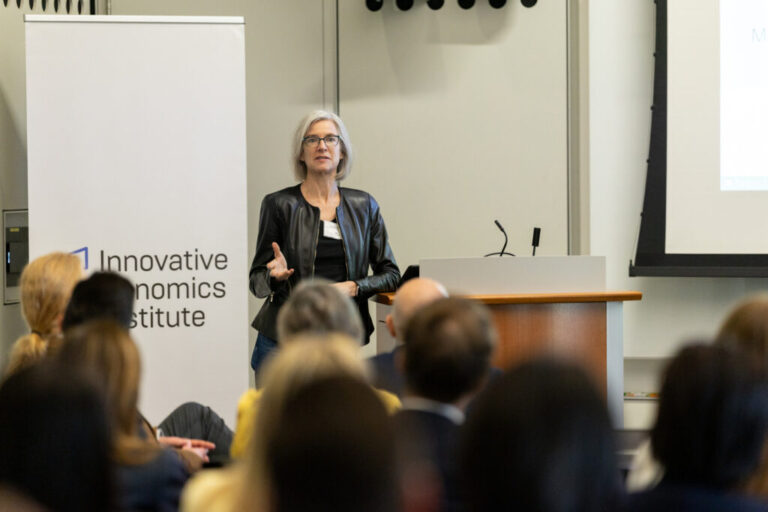
Pancreatic Cancer Therapy with miRNA
SiSaf in collaboration with the University of Leipzig has developed Bio-Courier targeted micro interfering RNAs (miRNA therapy) in order to treat cancer, especially pancreatic cancer. The agreement of SiSaf with Leipzig university consists of, SiSaf’s work in RNA delivery with the help of Bio-Courier silicon-stabilized hybrid lipid nanoparticles (sshLNPs) University of Leipzig’s expertise in miRNA targeting and therapeutic approaches in cancer, led by Achim Aigner. SiSaf will develop a miRNA Bio-Courier formulation that will help test pancreatic cancer in Aigner’s laboratory. miRNA is a class of non-coding RNAs that plays a crucial role in regulating and maintaining gene expression. It also involves multiple pathological and physiological functions. In cancer, atypical downregulation of miRNA may cause the overexpression of oncogenes providing miRNA replacement as a hopeful therapy. Aigner and his coworkers have determined the tumor-inhibitory potential of miR506-3p and miR24-3p in animal models of pancreatic cancer.
Key gridlock
A major hold-up for miRNA replacement is their efficient delivery. The major reason for the collaboration is to evolve a replacement RNA therapy combining both miR506-3p and miR24-3p for a convincing effect, with the help of SiSaf’s Bio- Courier drug delivery platform that supports the properties of elemental silicon to enhance lipid nanoparticle technology for RNA therapeutics. “Due to their parallel, selective effects on multiple defined targets, miRNAs offer exceptional opportunities for the development of novel drugs that show enhanced efficacy while avoiding tumor cell resistance,” said Aigner. “Also, miRNAs act on messenger RNAs rather than proteins, thus providing innovative treatment avenues. We are delighted to further pursue our promising miRNA candidates towards possible translation into the clinic, by teaming up with SiSaf and its extensive expertise.”
“We have already applied our technology to improve siRNA and mRNA delivery, with great success,” added Suzanne Saffie-Siebert, Ph.D., CEO of SiSaf. “This is our first collaboration in micro-interfering RNA delivery and expands our programs into a new area of RNA therapy.”






